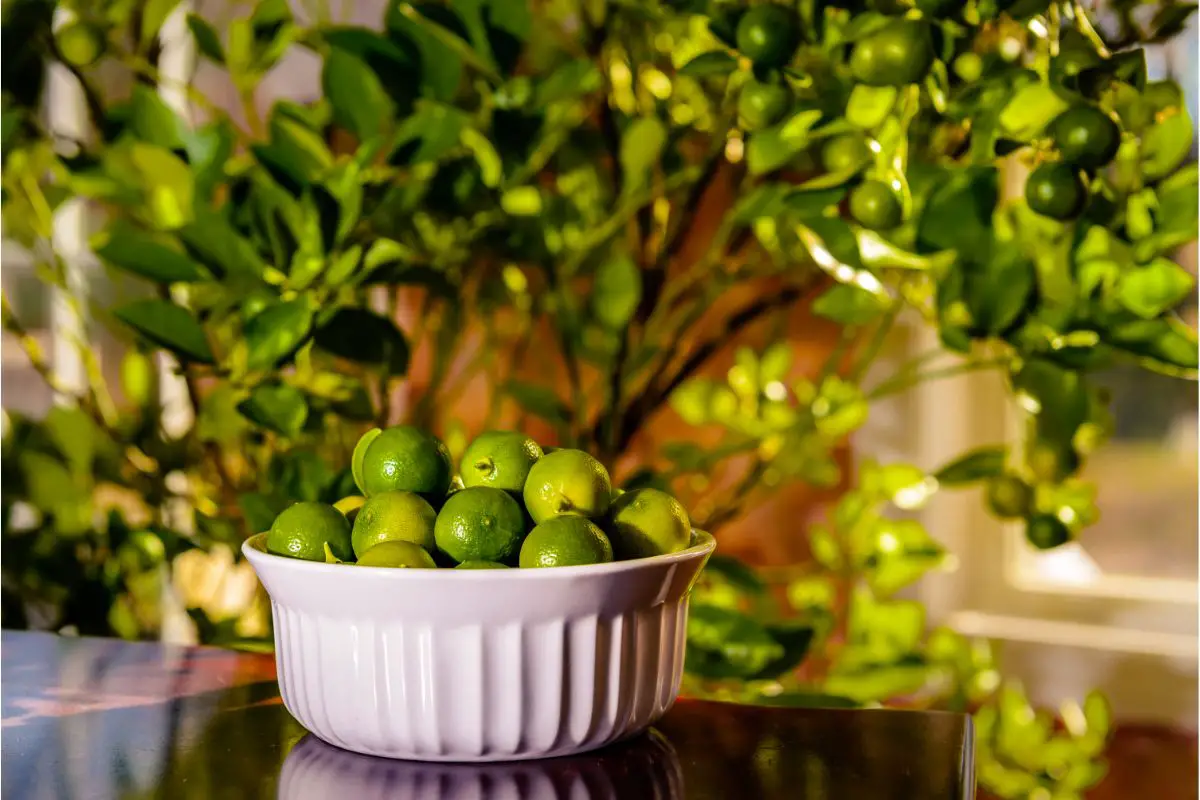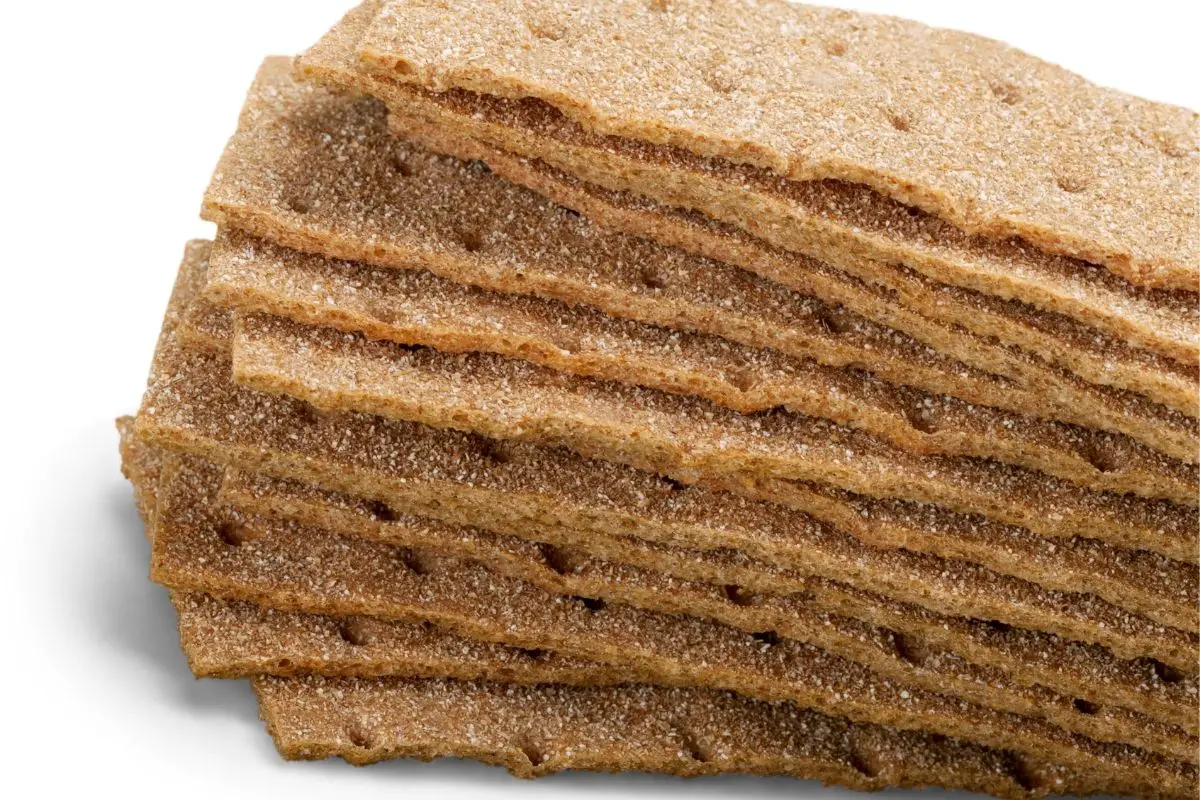Do you love the tart, citrusy flavor of calamansi but don’t have access to it? Don’t worry – there are plenty of other ingredients that can provide the same flavor and texture profile.

From limes to lemons, there are plenty of substitutes for calamansi that’ll do the trick. In this article, we’ll be discussing the six best substitutes for calamansi and why they work so well.
What Is Calamansi?
Calamansi, also known as calamondin, is a citrus fruit native to Southeast Asia. It has a unique flavor that is both sour and sweet and can be used in a variety of culinary dishes.
The fleshy interior of the fruit contains numerous seeds and, when squeezed, yields a juice that can be used for cooking or as a condiment.
The peel of the fruit is often used to make jams and marmalade due to its fragrant aroma and zesty flavor. Calamansi juice is also popularly blended with other juices for cocktails or mixed into sauces for salads or meat dishes.
Let’s take a look at some alternatives to this interesting fruit.
1. Tangerine
Tangerines are an excellent substitute for calamansi. This citrus fruit is similar in color and size to calamansi, but has a sweeter taste and softer flesh.
Tangerines can be used in a variety of dishes, including salads, sauces, juices and desserts. They are also rich in vitamin C and other essential minerals.
When using tangerine as a substitute for calamansi, it is important to note that the flavor will be slightly different. While the tartness of the calamansi will be missing, the sweetness of the tangerine will add depth to any dish.
It is also worth noting that tangerines may need to be peeled before use, as opposed to just slicing them open like with calamansi.
Overall, tangerine is an excellent substitute for calamansi due to its similarities in size and color as well as its sweet flavor which adds depth to any dish.
2. Lemon
If one were to evoke a single image of the fruit lemon, it would be a bright yellow orb with a vividly tart flavor. It is no surprise then that lemons have been used as an effective substitute for calamansi in many recipes.
Lemons’ unique flavor profile makes them an ideal replacement for calamansi. Its acidity adds a sourness that is often lacking in many dishes requiring the citrusy notes of calamansi.
The fact that its juice can be easily extracted by squeezing also makes it convenient for use in marinades or dressings.
In addition to its culinary uses, lemons can also be used as an effective cleaning agent due to their acidic qualities. This makes them more versatile than calamansi and could be applied to other purposes as well, such as deodorizing surfaces or removing stains from clothes.
Lemon is truly a multi-faceted ingredient with endless possibilities – making it one of the best substitutes for calamansi out there. Whether you’re looking for the perfect citrusy note or need something to help you clean up your house, lemon has got you covered!
3. Kumquat
If you’re looking for something a little more unique than the standard lemon, kumquats may be the perfect fit. These small, orange fruits have a tart and sweet flavor that’s similar to calamansi juice.
They’re often used in marmalade and jellies, but can also be eaten raw or juiced.
Kumquats are full of vitamins C and A as well as fiber and calcium, making them an excellent addition to any diet. Plus, unlike other citrus fruits, they don’t require peeling, which makes them easy to prepare.
To juice a kumquat, simply cut it in half and press each half against a strainer or juicer until all the juice is extracted.
Kumquats are an excellent alternative to calamansi if you’re looking for something unique that still has the same tart and sweet flavor profile.
With their small size, high nutritional content and easy preparation process, these little oranges are sure to be a hit with your friends or family.
4. Yuzu
Yuzu has a unique, tart flavor that can be used in a variety of dishes. As a citrus fruit, it’s high in vitamin C and other essential nutrients, making it a great choice for those looking to add more nutrition to their diet.
The versatile nature of Yuzu makes it easy to use in many recipes, from drinks to desserts. It can even be used as a topping on savory dishes like fish or pork.
Not only does the tartness of Yuzu provide an interesting flavor profile, but its fragrant aroma also adds complexity to dishes.
Yuzu is widely available in supermarkets and specialty stores all over the world, making it an easy-to-find substitute for calamansi.
With its delicious taste and nutritional benefits, Yuzu is an ideal choice for those looking for an alternative citrus fruit with a slight twist.
5. Key Limes
Moving on from the citrusy flavor of yuzu, key limes bring an intense tartness to cooking. While they are not as widely available as regular limes, if you can find them, they are an excellent substitute for calamansi.
Key limes are smaller than regular limes and have a more yellowish-green color when ripe. Their aroma is slightly more intense and their juice is significantly more acidic than regular limes, making them ideal for dishes that require a strong citrus flavor.
The intense acidity of key limes makes it an exceptional substitute for calamansi or other citrus-based ingredients in recipes like marinades or dressings where a punch of sourness is needed to balance out flavors or tenderize proteins.
Plus, their small size means that you don’t need to use as much as you would with regular limes, making it easy to add just the right amount of tartness to your dish without overwhelming it with too much lime flavor.
Overall, key limes offer an intense burst of sourness that can be used to replace calamansi in any recipe requiring a pungent citrus flavor and zesty zing!
They’re also small enough to easily measure out the perfect amount for whatever dish you’re making without having to worry about using too much or too little lime juice.
6. Orange Juice
Orange juice is great for adding a tangy flavor to many recipes. It can also be used to replace calamansi in marinades, sauces, and drinks.
Furthermore, its high vitamin C content makes it an ideal substitute for those looking to add nutritional value to their dishes.
When substituting orange juice for calamansi, it’s important to note that the flavor will not be identical. Orange juice has a sweeter taste than calamansi, but still adds a pleasant tartness that works well in many dishes.
It’s also important to remember that orange juice doesn’t have the same sourness as calamansi does, so it may need to be combined with other ingredients like lime or lemon juice for additional sourness.
Conclusion
It’s clear that calamansi is a versatile ingredient, but it isn’t always easy to find. Fortunately, there are multiple substitutes for this unique citrus fruit to add some pizzazz to your dishes.
The 6 Best Substitutes For Calamansi
Course: Substitutes4
servings30
minutes40
minutes300
kcalIngredients
Tangerine
Lemon
Kumquat
Yuzu
Key Limes
Orange Juice
Directions
- Decide on what substitute you need
- Pick a substitute from the list above
- Read what you need to substitute with
- Create the recipe and enjoy
Recipe Video
https://www.youtube.com/watch?v=dF_gUkYLgbcVideo can’t be loaded because JavaScript is disabled: 9 Proven Benefits Of Calamansi Juice (https://www.youtube.com/watch?v=dF_gUkYLgbc)- What Exactly Do Chickpeas Taste Like? Is There A Distinct Flavor? - September 30, 2023
- Top 11 Low Carb Options at Sonic Drive-In for Keto Diet - September 30, 2023
- What Should You Serve Alongside Potato Salad? 8 Incredible Side Dishes - September 30, 2023











